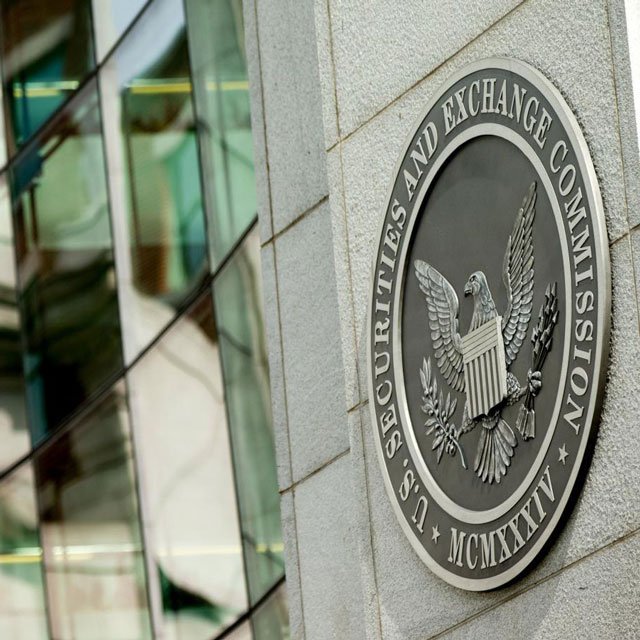Mesirow Financial Hit With Revenue Sharing Violations, Including 12b-1 Fees

What You Need to Know
Mesirow failed to provide full and fair disclosure of its conflicts of interest when it invested clients in funds that paid revenue sharing to the affiliated broker.
Mesirow Financial Investment Management was charged by the Securities and Exchange Commission Friday with failing to provide full and fair disclosure regarding compensation paid to its affiliated broker-dealer, Mesirow Financial, and the related conflicts of interest. It was ordered to pay more than $750,000.
From at least February 2015 through May 2019, the affiliated broker received revenue sharing payments from an unaffiliated clearing broker as a result of Mesirow’s advisory clients’ investments in certain mutual funds, including those that charged 12b-1 fees.
“Certain of the mutual funds that paid revenue sharing were more expensive than lower-cost options available to clients, including instances when there were lower-cost share classes of the same mutual funds available to clients that did not result in any revenue sharing,” according to the SEC.
The SEC said that Mesirow also breached its duty to seek best execution by causing certain advisory clients to invest in share classes of mutual funds that paid revenue sharing when share classes of the same funds were available to the clients that presented a more favorable value for these clients under the particular circumstances in place at the time of the transactions.
Mesirow, the SEC continued, “also failed to adopt and implement written compliance policies and procedures reasonably designed to prevent violations of the Advisers Act and the rules thereunder in connection with its mutual fund share class selection and best execution.” Mesirow is based in Chicago and as of June 27, reported regulatory assets under management of more than $43 billion.
As a result of the revenue sharing agreements, “Mesirow had an incentive to recommend mutual funds and mutual fund share classes that paid the Affiliated Broker revenue sharing as opposed to those that did not,” the SEC order states.




